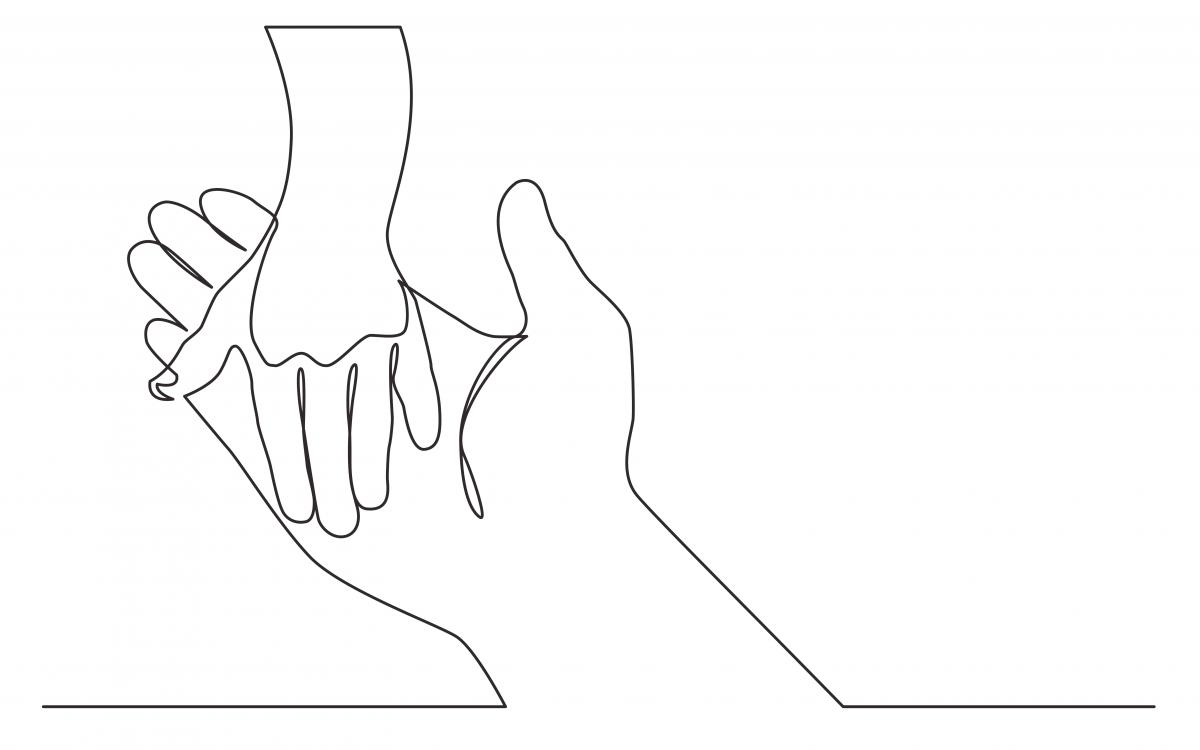We Must Improve Access to Children’s Mental Health Services
We Must Improve Access to Children’s Mental Health Services
We have a responsibility to advocate for high quality children’s mental health services for the young people in our communities. According to the National Alliance for Mental Illness (NAMI), 1 in 5 children ages 13-18 in the United States have or will have a serious mental illness. Approximately 50% of psychiatric illnesses begin by age 15 and 75% begin by age 24.
These numbers prove that our youth need appropriate and effective children’s mental health services. And yet, both Virginia and the nation have a severe shortage of mental health providers to meet the demand of youth mental health needs.
Currently, Virginia ranks 41st out of 51 for its mental health workforce (State of Mental Health in America, 2020). This shortage has caused many pediatricians and primary care providers (PCPs) to have an inadequate supply of referrals for their pediatric patients and subsequently requiring them to extend their service delivery to include assessing and treating children with emotional and behavioral health disorders. However, with this shift, many pediatricians and PCPs who provide healthcare for children and adolescents have reported they do not have sufficient skills to screen and treat youth with emotional and behavioral health needs. Nationally, over 65% of pediatricians reported they lacked mental health and behavioral knowledge and skills (Cunningham PJ, 2009).
These statistics are unacceptable. We have a duty to our children and their families to provide them with necessary care to meet their behavioral health needs.
We also have a responsibility to our pediatricians, PCPs, and other healthcare professionals to give them the tools necessary to address the mental health of their pediatric patients. As providers, we have a calling to care for our patients and make sure that we are able to provide them effective and necessary care. A child’s physician is the trusted provider that parents go to immediately when they are concerned about their child’s health. Teaching these providers to manage mental health is critical to the health of our children.
The Solution
Luckily, the Virginia Mental Health Access Program (VMAP) was created to solve for these challenges. VMAP offers healthcare providers who treat children and young adults immediate access to a child and adolescent psychiatrist, providing the support they need to manage these patients and integrating behavioral healthcare right into the primary care setting. Over 92% of VMAP consultations resulted in the PCP continuing to support the patient in their practices!
VMAP has also trained hundreds of pediatric primary care providers in Virginia how to screen, diagnose, and treat children’s mental health conditions such as depression, anxiety, and ADHD. These skills are necessary for these providers, and a requirement if we expect our providers to be able to diagnose and manage mental health conditions in children and adolescents. It is our obligation to make sure we equip them with these skills.
The need is clear. Through increasing capacity of PCPs and pediatricians to treat children’s mental health conditions, VMAP ensures that families have timely access to critical behavioral health services. This is why programs like VMAP are launching nationwide and will significantly change the way we manage children’s behavioral health. Let us all work together to ensure the children of our communities are receiving the necessary and possibly lifesaving mental health services.
Sandy L. Chung, MD, FAAP, FACHE
Pediatrician
Medical Director of the Virginia Mental Health Access Program
Questions? Please submit them to [email protected].







